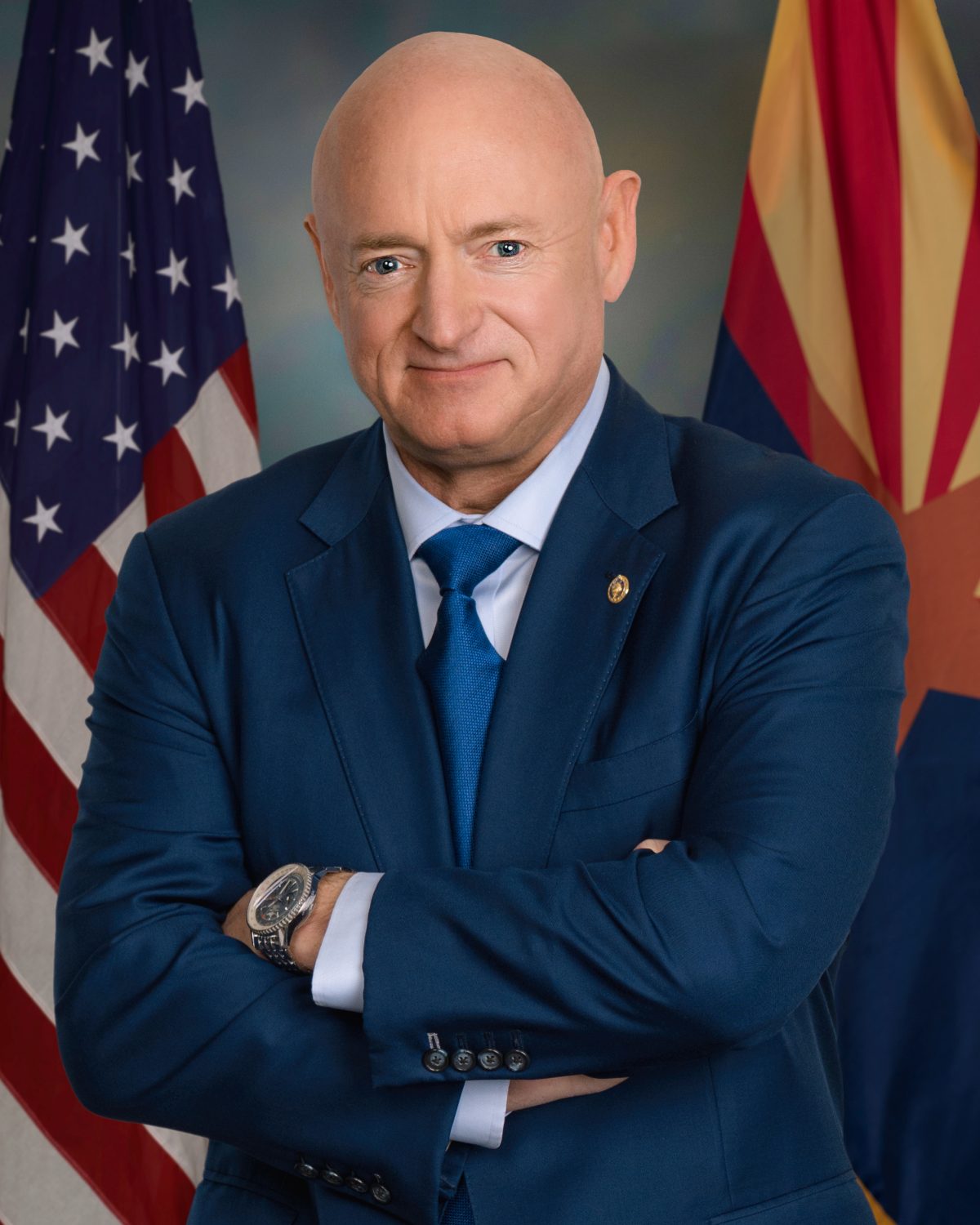WASHINGTON, (Reuters) – Democrats today were one seat away from majority control of the U.S. Senate next year, as vote-counting in deeply-divided Nevada continued following Tuesday’s midterm elections and campaigning kicked off for a Dec. 6 runoff in Georgia.
If incumbent Democratic Senator Catherine Cortez Masto manages to fend off Republican Adam Laxalt in Nevada, her party would then control 50 of the Senate’s 100 seats.
A Democratic victory in Georgia next month would then give the party outright majority control of a 51-49 Senate. A Democratic loss in Georgia and a win in Nevada would still put Democrats in charge of a 50-50 Senate, as Democratic Vice President Kamala Harris can break tie votes.
The Senate currently is split 50-50 between Democrats and Republicans. The newly-elected Senate will be sworn in on Jan. 3.
With nearly 97% of the vote counted in the Nevada Senate race, Laxalt was leading by around 800 votes. However, uncounted votes from Cortez Masto strongholds could vault her to victory.
Suspense over control of the Senate came as it also was still unknown which party will hold the majority in the U.S. House of Representatives for the next two years. Republicans continued to have an edge, but returns were still flowing in for several races, including many in liberal-leaning California.
It could take at least a few more days before the outcome of enough House races are known to determine party control of that 435-seat chamber.
Democrats got an important boost late on Friday when Democratic Senator Mark Kelly was projected to hold onto his seat in Arizona, defeating Republican Blake Masters.
Kelly, a former Navy combat pilot and astronaut, said he was “humbled” by voters who helped re-elect him.
No winner was projected yet, however, in the race for Arizona governor, where Democrat Katie Hobbs holds a narrow lead over Republican Kari Lake.
JUDICIAL NOMINATIONS AT STAKE
A Democratic-controlled Senate would provide insurance to President Joe Biden that his nominees to fill dozens of federal judgeships would win confirmation under the guidance of Majority Leader Chuck Schumer.
That would be particularly crucial to Democrats if a seat on the U.S. Supreme Court, which now has a 6-3 conservative bent, were to open up in the final two years of Biden’s term.
When the outgoing Senate returns on Monday for a post-election work session that could run through late December, Schumer aims to immediately confirm two more federal judges awaiting final votes.
However, if Cortez Masto fails to outpace Laxalt and Democrats also lose in Georgia, Schumer will have to spend far more time pushing through judicial nominations before relinquishing power on Jan. 3, after which Senate Republicans would have the ability either to reject or slow-walk confirmation of Biden nominees.
Hovering over the 2022 midterm elections all year has been former President Donald Trump, who used his continued popularity among hard-right conservatives to influence the candidates the Republican Party nominated for congressional, gubernatorial and local races.
With Republicans’ lackluster performance on Tuesday — even if they do win narrow majority control of either the Senate or House — Trump has been taking the blame for boosting candidates who were unable to appeal to a broad enough electorate.
Both Laxalt and Herschel Walker, the Republican running to unseat Senator Raphael Warnock in Georgia, won Trump’s backing. Republican losses in either of these two races could further dampen Trump’s popularity as advisers say he considers announcing a third run for the presidency in 2024. House Republicans, if they manage to pull out a victory, have pledged to try to roll back Biden victories on battling climate change and want to make permanent a series of 2017 tax cuts that will expire. They also have planned investigations into Biden administration activities and probes of the president’s son, who has had business dealings with Ukraine and China.






